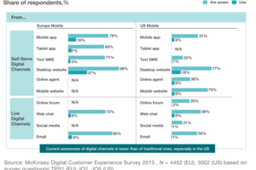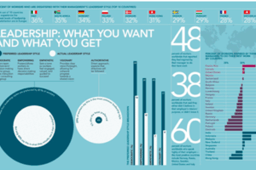Is there a difference between employee engagement and employee happiness?

When it comes to happiness, Greek philosopher Epicurus may be able to shed some light.
Born in 341 BC it’s recorded that Epicurus, who had an unusually long beard, wrote over three hundred books and became one of the most famous philosophers of his age. What made him stand out was a relentless focus to answer one question - how can you make yourself happy?
Amongst his many theories and experiments he created a Commune where everyone stopped working for other people and accepted cuts in their income. In return for this sacrifice the Commune were able to focus their time on what they believed to be fulfilling work. The results was that whilst they had far less income, there was a marked increase in their intrinsic satisfaction and happiness.
Today engagement and happiness are measured in a variety of different ways though it’s fair to say the boardroom isn’t interested in having less income. It’s because of this that other investment channels are often given priority over happiness, and often over engagement and wellbeing too.
Also a happy employee doesn’t necessarily mean a productive employee. The flip side is that an unhappy employee isn’t going to be a productive employee either. So how do you balance both the company needs to improve engagement and the individual’s need for happiness?
Keeping it simple I’d suggest three steps;
1. Firstly, focus on your culture, values and most importantly your purpose. Then communicate this showing specifically how your people and their different roles contribute to that purpose. It’s more powerful if they work this out themselves, so facilitate instead of telling.
2. Second, make sure you hire (or develop) the right leadership team with relevant experience and skill-sets that bring the first step to life authentically and on a daily basis.
3. Finally, trust and empower your people to carry out their roles, being vigilant when it comes to providing support, development, recognition and guidance.
Following these three simple steps and focusing your goal on improving people’s sense of purpose should increase your employee engagement, happiness and profits.
So, unlike Epicurus you don’t have to make happiness the goal but rather the by-product of your actions to increase engagement, and possibly even spread some happiness in the Boardroom.





Please sign in or register for FREE
Sign in OR sign up to become a registered The Forum for Expatriate Management website user
Subscribe here